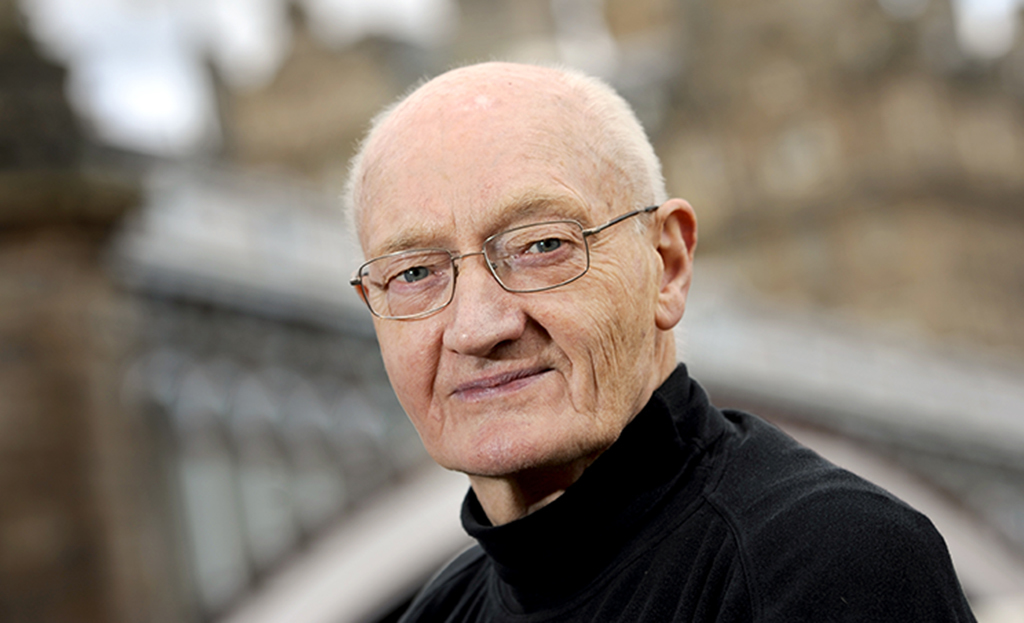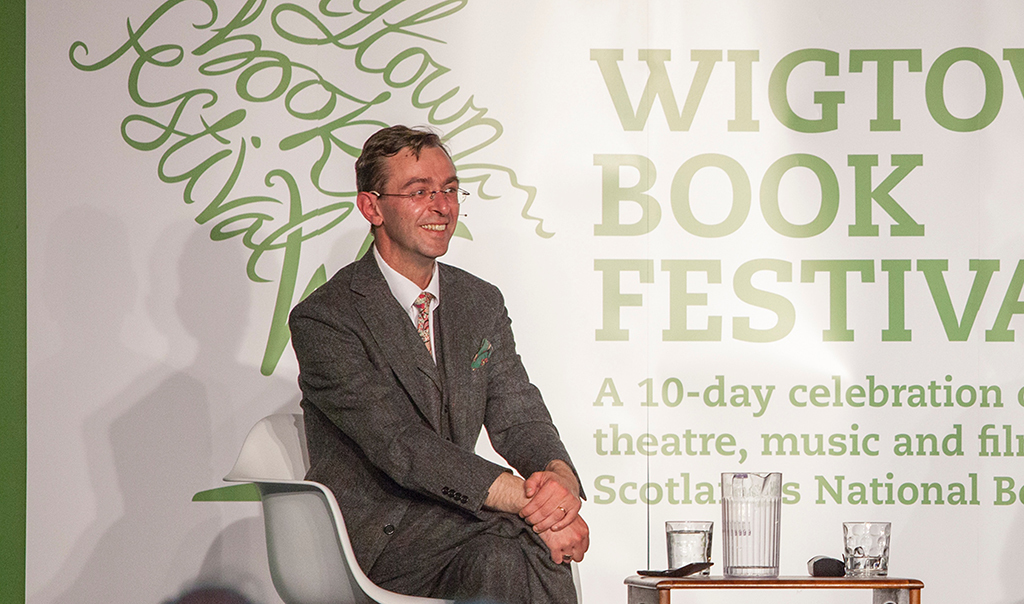
The facts of death come to Wigtown Book Festival
An agnostic bishop, a scientist and a ex-atheist with a fascination for a clerical killer will be exploring the many faces of death at Wigtown Book Festival.
Former Bishop of Edinburgh Richard Holloway, forensic anthropologist Professor Dame Sue Black and literary critic Stuart Kelly will discuss various aspects of the one inescapable reality that unites all humans.
Black’s new book All That Remains is the work of someone who has spent her career restoring identities to the dead – including the victims of massacres in Kosovo whose killers made determined efforts to hide their crimes. In other cases she has helped archaeologists understand the lifestyles of people from many centuries ago.
Dame Sue said: ‘Death has many faces but its commonality is something that exists across all humanity and all time.
‘When we are looking at something from the distant past, like the medieval skeletons discovered at Stirling Castle, it’s about people who have been forgotten due to the passage of time. So we are trying to find out what they might have looked like, what they might have done and how they lived.
‘With something recent, a mass fatality of some sort, it’s not about lifestyle. We are gathering information from the bodies and relating it to other records about the person.’
Dame Sue, whose father played the piano in their local kirk on Sundays, says the book was partly brought about by seeing how her father’s Alzheimer’s damaged his memory, leading to the loss of his stories and knowledge.
She said: ‘I was asked what sort of book I’d like to write and thought I’d like to record my ideas and experiences for my children, grandchildren and the generations I will never know.’
Like Richard Holloway, Dame Sue is deeply attached to many Christian ethics but has no belief in an afterlife.
Richard, whose latest book Waiting for the Last Bushas been described as ‘radical, joyful and moving’, is concerned that society is ‘undergoing a great flight from death’ – with people trying everything they can from straightforward denial to cryogenics.

Richard Holloway, writer, broadcaster and former Bishop of Edinburgh, pictured in Edinburgh, (Photo: Colin Hattersley)
He said: ‘Death is one of nature’s great necessities but it freaks many people out. By denying reality people make themselves more unhappy not less.
‘I meditate on this a great deal myself and it is something I encountered a great deal during my ministry. I spent a lot of time with the dying, I buried a lot of people and have thought a great deal about my own death. It’s something to which I am reconciled.’
Among the sadnesses that he has witnessed have been people dying without being at peace in their hearts, or unreconciled to loved ones where there has been strife. Equally he has seen people dying in a state of terror due to ‘toxic versions’ of religion.
‘For those who have a belief and think there is an afterlife, to fear that their God is after them and will cast them into eternal flames is an awful thing.
‘I’m not in any rush to go away, but as a man in my 80s I am aware of time. Old age has been one of the most enjoyable times of my life. So much of the nonsense falls away. And when the time comes I hope I will bow out gracefully.’
Unlike his fellow speakers Stuart Kelly’s journey has been away from atheism and into faith – having recently become a kirk elder. At the same time he has deep concerns about how humans behave during their lives on Earth.
He explained: ‘Our contemporary morals are so shriven and shrunk. We are no longer the best we can be. There must be a way to be more moral. You can’t make a difference by just going on a march. It’s by talking to people.
‘Like micro economics there is micro morality. I do not want to change 1,000 people, just a couple would be great.’
His book The Minister and the Murderer takes one of the most extreme and unusual true stories in recent Scottish church history to explore human behaviour and ethics.

Stuart Kelly is coming to this year’s Wigtown Book Festival
It explores the story of James Nelson who murdered his mother in brutal fashion after she allegedly said something ‘disrespectful’ about his girlfriend. After 24 hours on the run he handed himself into the police on Hallowe’en 1969.
Stuart said: ‘Matricide is a very rare crime – you don’t even get it in the Bible and there are plenty of crimes in there. The exact events and motives were never clear, and some detect the whiff of something sexual.’
After serving time Nelson decided to follow a career as a Church of Scotland Minister – which became the subject of huge debate. In 1986 a parish voted to accept him.
He asked: ‘Was this a fabulous example of Christianity at its best, welcoming the repentant sinner or were they hoodwinked by a manipulative charlatan?
‘The accounts of those who encountered him only deepen the issue. Some said he was superb, a great comfort in times of difficulty and emotional pain. Others found him sly, sarcastic and insolent. Did he change or not. None of us can know. There is one who knows, but God’s not down here to tell us.’
Wigtown Book festival takes place in Scotland’s National Book Town from 21 to 30 September and involves a host of events and activities including theatre, film and music.
Professor Clark, the Wellcome Trust Investigator at the University of Glasgow, School of Interdisciplinary Studies, will also be at the festival to discuss his book Cicely Saunders: A Life and Legacy. Born 100 years ago, Dame Cicely Saunders revolutionised care for the dying, opening the world’s first modern hospice in 1967. Clark discusses his study of a remarkable nurse, social worker, physician and writer, who succeeded in the face of a complex private life and others’ scepticism.
For full details go to wigtownbookfestival.com.
TAGS

